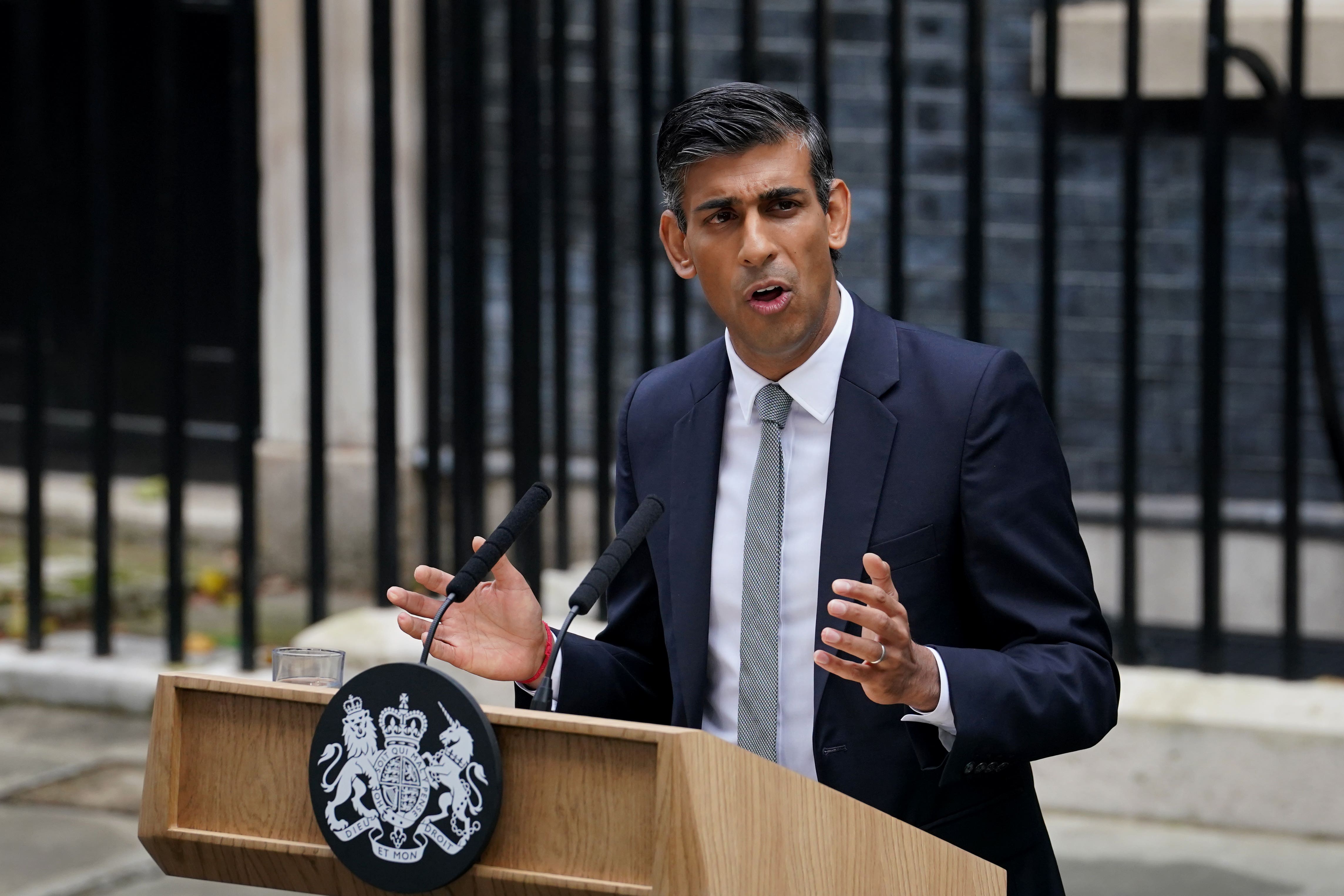Tory leadership chaos shows how badly our system is broken
Those who try to game the system can sometimes end up being a bit too clever for their own good, writes Andrew Woodcock


Conservative Party MPs pride themselves on being “the most sophisticated electorate in the world”.
Not for them is the simple process of deciding which candidate you like the look of and marking your cross against their name, as most voters do.
No, they devise voting systems for themselves that allow them to game the system, to switch votes round by round, to vote for one candidate in the hope of edging out another so that their real preference can come through the middle. And, of course, to declare their support to one camp while secretly backing another.
So we have credible theories that, for instance, Boris Johnson “lent” votes to Sajid Javid in the 2019 leadership race in order to knock insurgent Rory Stewart out of the race. Or alternatively, that he lent Stewart supporters at another stage, in the hope of keeping Michael Gove out of the final run-off.
In the summer, some speculated that Gove was giving his very vocal support to outsider Kemi Badenoch in order to draw right-wing MPs away from Liz Truss, in the hope that Penny Mordaunt would sneak past her into the last round, making it easier for Rishi Sunak – whom he now supports – to win the ballot of members and become prime minister.
Still following? And still have any confidence that this is the best way to choose a politician to lead the country?
All of this arises from the fact that the final choice of Tory leader is made by party members, not MPs – unless the MPs limit themselves to a choice of one. And from the fact that the members are far to the right of the MPs, who don’t for a second trust them to choose the best candidate as opposed to the one who is the keenest on tax cuts and deporting immigrants.
Time and again – with the possible exception of David Cameron’s victory over David Davis – the party membership has opted for the most right-wing candidate. They chose Iain Duncan Smith over Ken Clarke, Johnson over Jeremy Hunt, Truss over Sunak. And it’s not always ended well.
Anyway, this time around, these shenanigans appear to have blown up in the faces of the MPs who attempted to be smart in the way they approached the contest to replace Truss.
First of all, there is the case of Johnson. His half-cocked attempt to return to the political front line just weeks after being turfed out in disgrace sparked a flurry of real excitement among what remained of his Tory fan club.
One can see that for Johnson himself, the buzz from being the centre of attention, with his dramatic flight home from the Caribbean to reclaim his rightful crown – like Bonnie Prince Charlie heaving himself off a sun-lounger – may have been justification enough for his leadership bid.
But surely those who flocked to his banner must have seen that a prospective PM who is toxic to so many voters – and is about to be hauled before a parliamentary standards committee over alleged contempt of parliament – might not prove attractive to enough of their colleagues to get him onto the ballot paper?
Or that if he did somehow get through and win the members’ vote, he would be left in Truss’s dilemma, as a PM foisted on the parliamentary party by activists and without the confidence of MPs?
Or that merely by standing, Johnson was blocking the possibility of another credible candidate from the right gathering the support needed to see off Sunak?
Many on the Tory right dislike the former chancellor for his role in unseating their hero. If they had rallied behind Badenoch, or maybe Suella Braverman, rather than Johnson, it’s possible Sunak would not be PM today.
Less dramatically, Mordaunt’s decision to hang on until the last possible moment on Monday before pulling out of the race seems to have backfired on her politically.
Her team claims she was within reach of the 100 MP nominations she needed to join Sunak in the final ballot of members, which she could have won. But fewer than 30 of those MPs have gone public, prompting suspicions that the gap may have been wider.
By holding out to the last, Mordaunt may have been trying to send the message that she was a major player with a big phalanx of supporters behind her, and should be rewarded with a significant job in the Sunak cabinet.
Instead, Sunak seems to have taken the lesson that she put personal ambition above unity, and given her the effective slapdown of keeping her in her old job as leader of the Commons.
Is there a moral in all this? Maybe that those who try to game the system can sometimes end up being a bit too clever for their own good. Or maybe that if this is the behaviour our system promotes, it’s time to find a new system.
Yours,
Andrew Woodcock
Political editor






Join our commenting forum
Join thought-provoking conversations, follow other Independent readers and see their replies
Comments